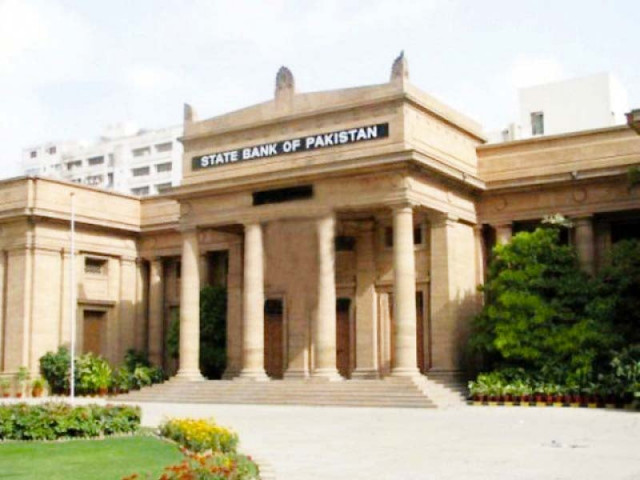High current account deficit not worrying: Baqir
SBP governor says exchange rate is stable, reserves are up and deficit is sustainable

The high current account deficit for June 2021 was a surprise for the market and businessmen, however, people need not worry about it because the exchange rate remained unaffected, reserves are increasing and current account deficit is sustainable, said State Bank of Pakistan (SBP) Governor Reza Baqir.
Speaking at a session on ‘Ensuring Sustainable Growth and Promoting Digitisation’ on Wednesday, he said three factors spell doom for a country having an exorbitant current account deficit but Pakistan was not witnessing any of the characteristics.
Detailing on the first parameter, he said that if current account deficit is unsustainable it could hinder growth of a nation.
“Few years earlier, Pakistan recorded a current account deficit of 6% of GDP, however, in FY2021-22 it is expected to amount to 2-3% of GDP which is sustainable,” he said.
Moreover, the central bank governor added that a high current account deficit could reverse progress of a country if it impacts the exchange rate or reduce foreign exchange reserves.
He added that Pakistan’s foreign exchange reserves rose despite the current account deficit while the exchange rate remained undeterred hence the country was safe.
He held the view that no country could grow at a sustainable pace until its business community is brought on the front foot. Today, only those countries are prospering that have empowered their private sectors, he said.
“We have given incentives to exporters because a sustainable future for Pakistan can only be achieved if exports increase in a viable manner,” he said.
He remarked that high foreign exchange reserves boost the morale of traders because they ensure import payments.
Baqir stressed that in the far future, a country would be unable to progress if it fails to adopt digitisation.
Talking about the initiatives taken to counter the impact of Covid-19 on Pakistan’s economy, he said that when Covid-19 emerged in Pakistan in March 2020, the International Monetary Fund asked the central bank to introduce measures to save the country.
In this regard, the central bank governor said that SBP aggressively slashed the benchmark interest rate and held three emergency monetary policy committee meetings.
“Moreover, payments of principal amounts on loans were deferred and restructuring of mark-up was incentivised,” he said. “A Rozgar Scheme was also introduced for businesses to enable them to pay wages to their employees in challenging times.”
The Temporary Economic Refinance Facility (TERF) was introduced to encourage businessmen not to delay their plans to expand businesses due to financial problems arising from Covid-19 pandemic, he said.
In total, the SBP extended support worth Rs2 trillion during the outbreak of Covid-19.
Raast
SBP Deputy Governor Sima Kamil delivered a presentation on Raast digital payment system and said that ease of doing business in Pakistan cannot be accelerated without digitalisation.
“Raast is a world class payment system and many advanced economies lack such a mechanism,” she said. “It is a secure and cost effective scheme that offers real time information.”
By October 2021, person-to-person payment feature will be added to Raast and through this mechanism consumers will be able to send money to others by entering their mobile numbers.
Next year, QR codes and request to pay facilities will be introduced as well, she said.
Talking about easing clearance of cheques, she said that image based clearing will be launched under which a photo of cheque can be used for its clearance.
She voiced firm hope that Raast would revolutionise payments in Pakistan.
She noted that digital banks were emerging all across the world and announced that SBP will soon launch digital banking licences for establishment of fully digital banks. Capital requirement in such institutions will be low, she said.
Published in The Express Tribune, August 12th, 2021.
Like Business on Facebook, follow @TribuneBiz on Twitter to stay informed and join in the conversation.



















COMMENTS
Comments are moderated and generally will be posted if they are on-topic and not abusive.
For more information, please see our Comments FAQ